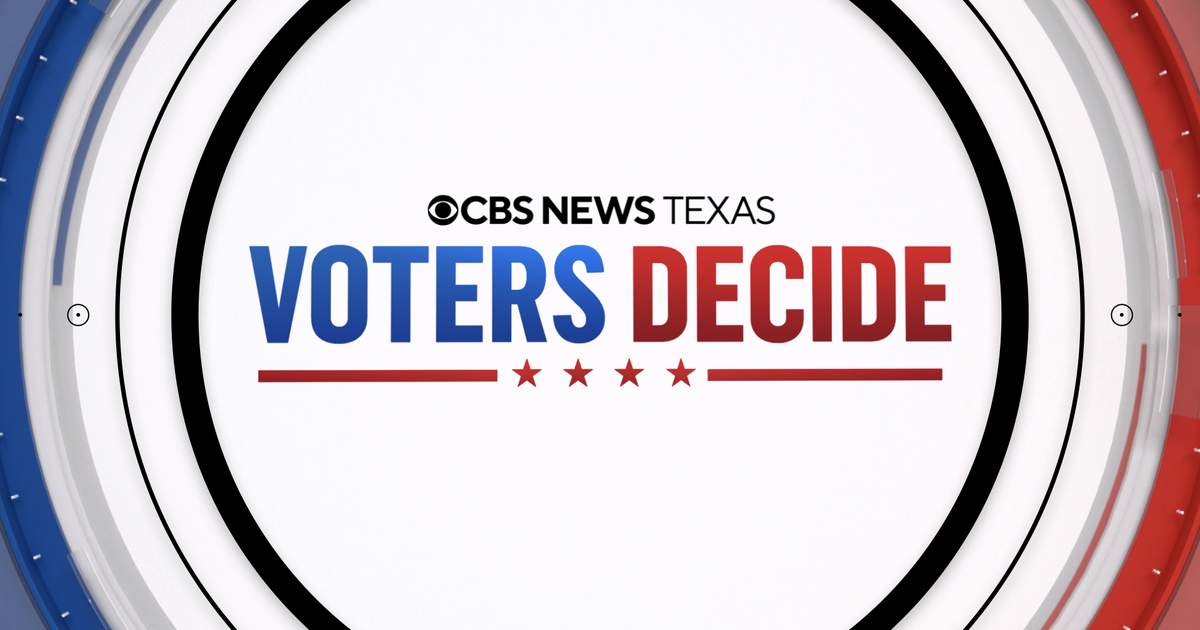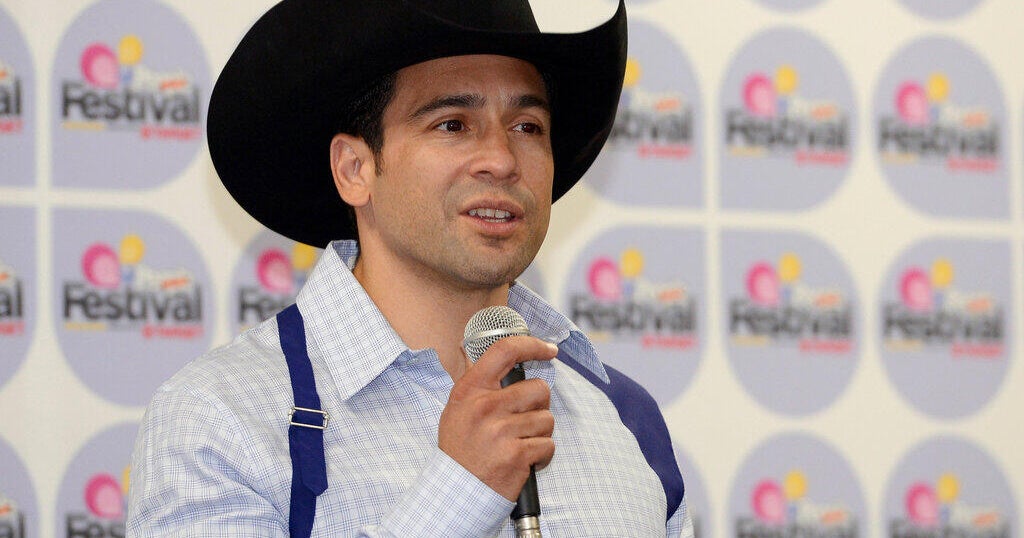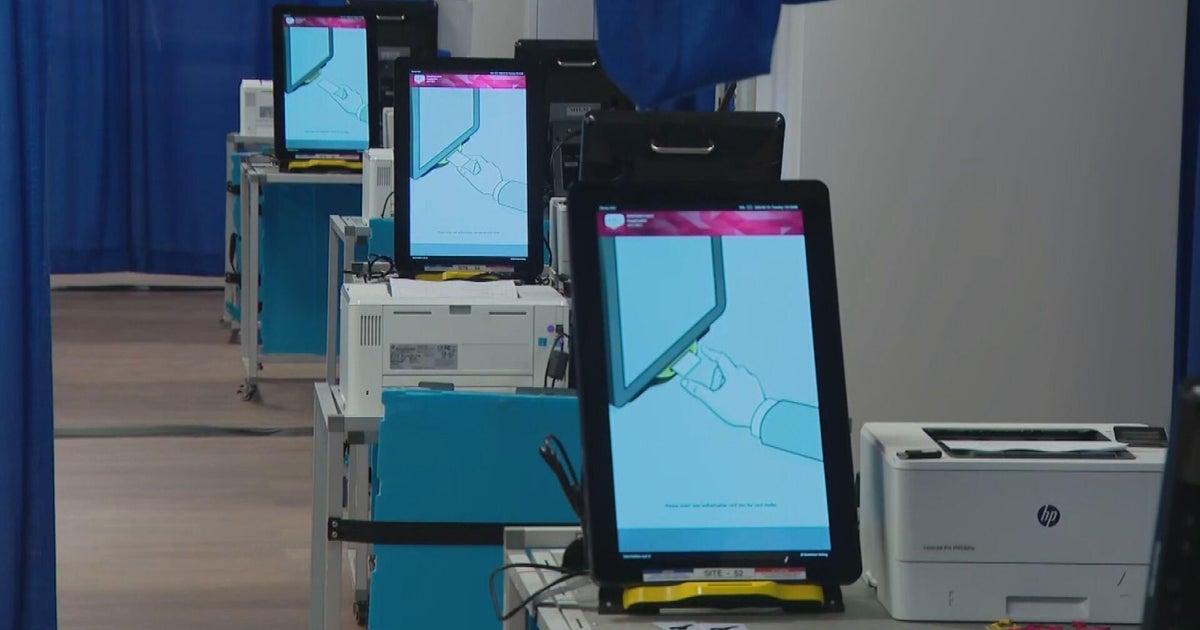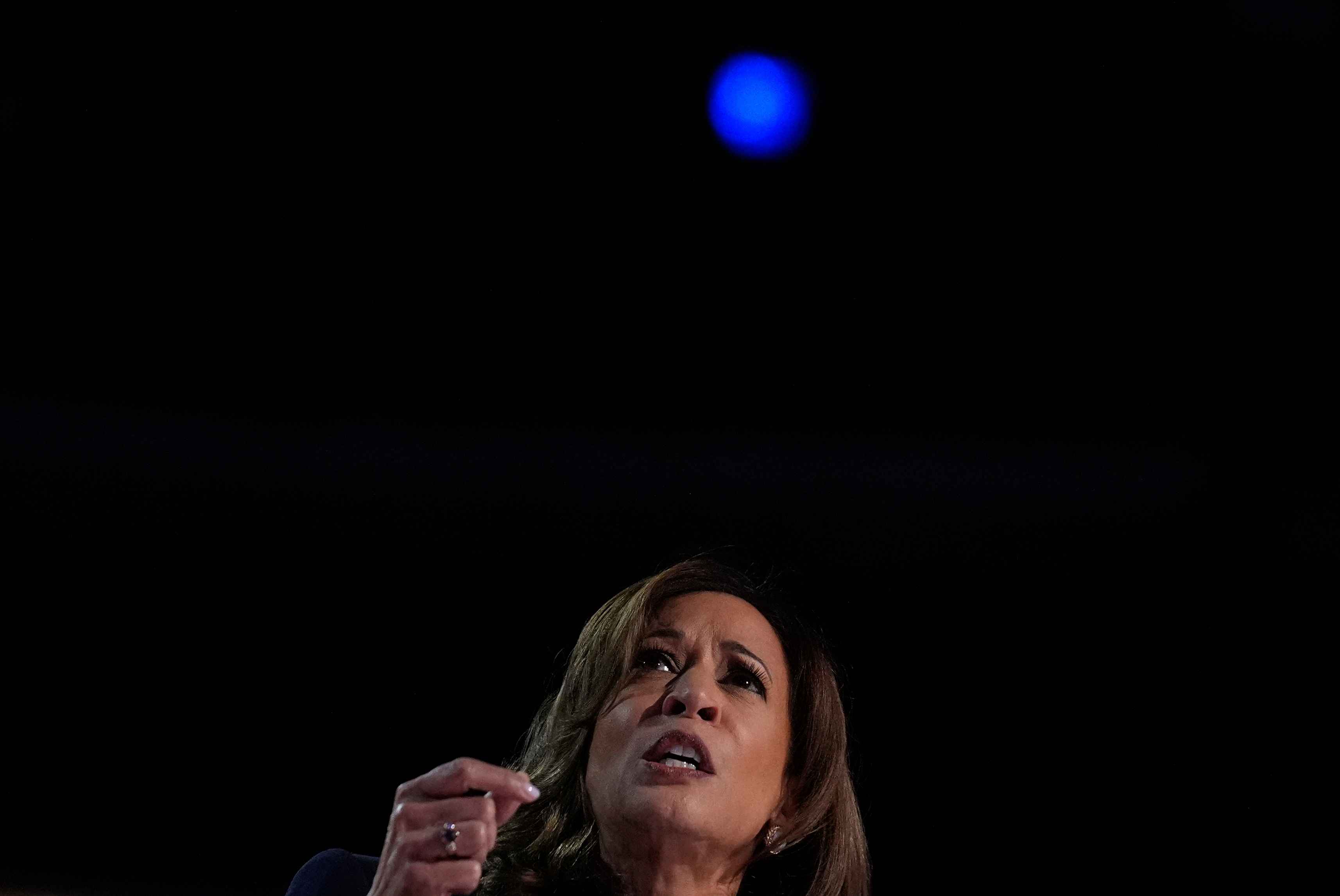Who were the 2024 election's "crypto voters"?
In last month's election, one of the biggest winners was not on the ballot — it was in a crypto wallet.
During the 2024 campaign cycle, cryptocurrency companies contributed one-third of all direct corporate contributions to super PACs, or political action committees. And it paid off: 85% of the congressional candidates supported by the industry won their races.
One crypto executive told 60 Minutes the success was not just because of the enormous amount of money the industry spent on ads. It was also because people they described as "crypto voters" turned out to cast their ballots.
"I think those who don't believe there are passionate people about crypto are not paying attention to how significant this industry is already, today," said Brad Garlinghouse, the CEO of Ripple, whose cryptocurrency XRP is one of the largest in the world.
Cryptocurrencies are digital assets that are not controlled by a country or financial institution. They run on a blockchain, a secure, decentralized virtual ledger that keeps track of every transaction.
Industry research shows that people who own cryptocurrency tend to be young, racially diverse, and see cryptocurrency as a way to gain more freedom over their financial lives. Overall, they agree that the industry needs clearer regulations and want candidates who are open to emerging technologies.
The voter base is growing and, apparently, up for grabs: While they support policies favorable to the industry, cypto voters don't have a unified position on which party will best deliver them. Most industry research shows crypto owners are at an almost even split between support for the Republican and Democratic parties.
To help them make sense of which candidate to back, the advocacy organization Stand With Crypto assigns politicians grades based on statements they've made about the industry.
President-elect Donald Trump received an A grade. After calling bitcoin "a scam," in 2021, Trump has since embraced the industry. In September, he announced his new cryptocurrency business, a new crypto platform called World Liberty Financial. This week, Trump announced he will appoint former PayPal Chief Operating Officer David Sacks as his "White House A.I. & Crypto Czar," a move that highlights Trump's desire to boost the crypto industry.
John Reed Stark, a former chief of internet enforcement at the Securities and Exchange Commission, is critical of crypto. He told 60 Minutes he owns no cryptocurrency but understands those who do.
"They have a mammoth distrust of financial institutions. And they love the edginess of the culture," Stark said. "And I think those people do vote. And I think that's another aspect of where these crypto PACs just executed a brilliant strategy, because they really tapped into that."
Stark said the appeal of cryptocurrency traces back to the financial crisis and the lack of trust in institutions. But he maintains that cryptocurrency is dangerous.
"I think it's fair to say, 'I don't trust institutions.' I don't either," Stark said. "But that doesn't mean let's put a worse one in place."
Whether or not voters knew the ins and outs of crypto is up for debate. The industry was not overt in making a crypto connection in its ads, regardless if they were for or against a candidate.
For example, Democrat Rep. Katie Porter in California had criticized cryptocurrency mining in a letter she co-signed with Sen. Elizabeth Warren, a known crypto skeptic. When Porter then ran for Senate during this year's primary, every negative ad attacking her was funded by crypto, according to the Washington Post. Some of those ads simply called her a "a fake," a "liar" and a "bully."
Overall in this year's election, the crypto industry backed 29 Republicans and 33 Democrats. The biggest crypto industry super PAC that financed these candidates is called Fairshake, which was started, in part, by Ripple.
Fairshake spent $131 million on ads supporting pro-crypto candidates this election cycle, and it already has another $103 million to spend on pro-crypto candidates in the mid-term elections in two years. But none of the television ads that Fairshake put out and paid for this year mentioned crypto, including those against Porter.
Ripple CEO Garlinghouse told 60 Minutes that, even if Fairshake did not directly mention crypto, the commercials were still educating voters.
Stark was not so sure. "All of these elected officials were very clear in their supporting of crypto," he said. "Whether people understood that or not, I don't know."
The video above was produced by Brit McCandless Farmer and edited by Scott Rosann.



